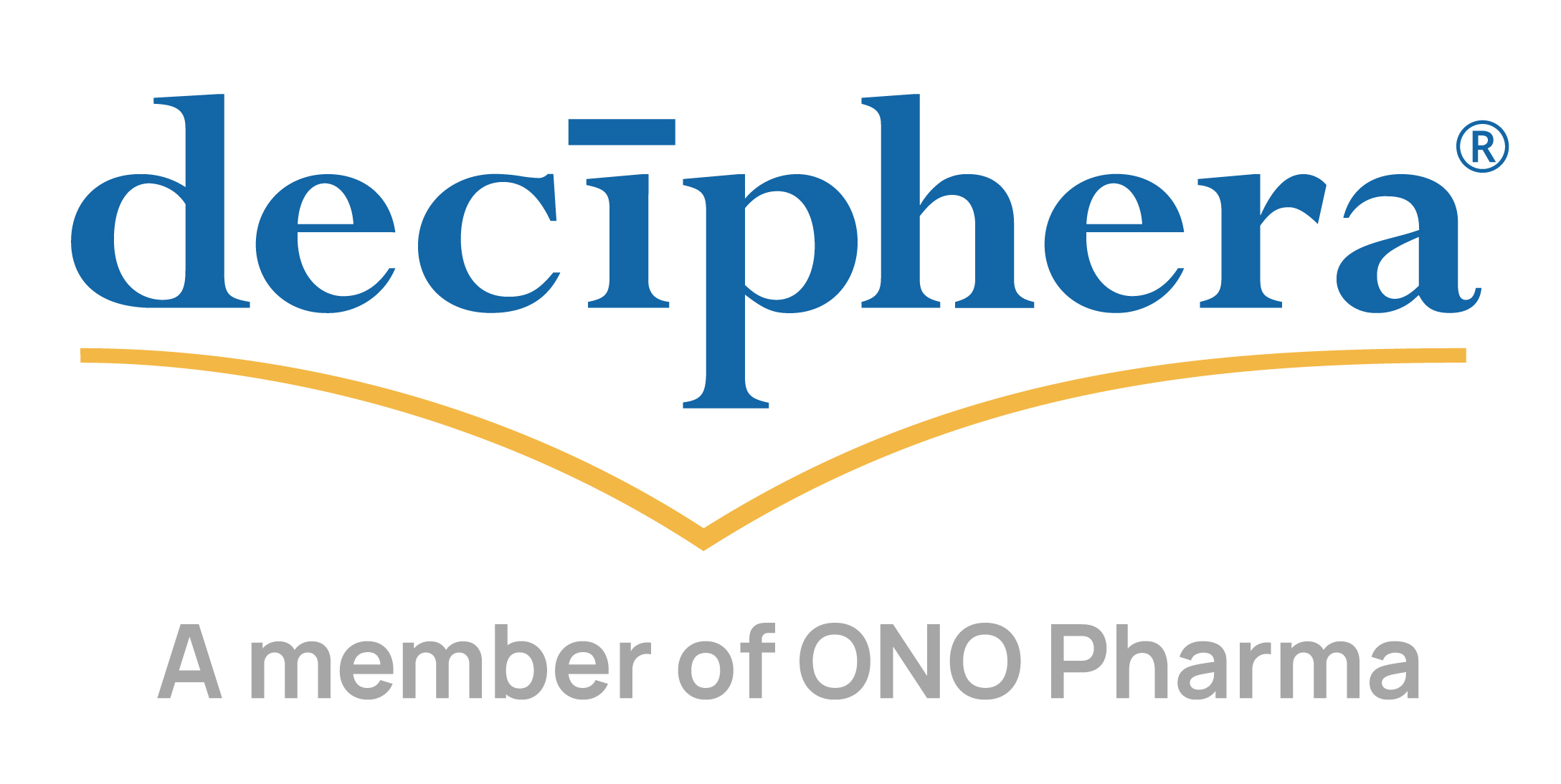Deciphera Pharmaceuticals Announces Transition to an Oncology Drug Development Company
Deciphera Pharmaceuticals today announced its plan to transition from an oncology discovery company to an oncology drug development company. As such, it will focus its resources on the continued development of rebastinib and DCC-2701, two drugs discovered within Deciphera using its proprietary ‘switch pocket’ kinase inhibitor technology. Rebastinib is being pursued as a first-in-class inhibitor of TIE-2 kinase in cancers that revascularize and metastasize by recruitment and activation of TIE-2 expressing monocytes from cancer patients’ bone marrow. DCC-2701 is being developed as a triple inhibitor of MET, TIE2, and VEGFR2 kinases in other highly invasive and metastatic tumor types. In addition to these two drug candidates, Deciphera has an ongoing collaboration with Eli Lilly to develop DP-4978, a dual inhibitor of mutant B-RAF and a related kinase, C-RAF. Both RAF kinases activate cell signaling pathways and cause cancer when inappropriately activated. Deciphera achieved a milestone payment earlier this year for advancement of DP-4978 into development at Eli Lilly.
Deciphera has two other cancer drug candidates at earlier stages of development for which it is seeking strategic partnerships, including a highly selective inhibitor of FMS kinase that does not inhibit a broad panel of 300 human kinases including related kinases KIT, FLT3, and PDGFR. Deciphera also has a novel GIST drug candidate, DCC-2618, that potently blocks a full range of KIT mutations, including highly refractory exon 17 mutations, that cause resistance to currently marketed GIST drugs imatinib and sunitinib.
Management is excited about the new focus of the company and believes that the transition of Deciphera from an oncology discovery company to an oncology drug development company will enable it to bring its portfolio of innovative cancer drugs to the treatment of cancer patients.
